
 Rowadgeo products ... used in diverse applications
Rowadgeo products ... used in diverse applications
ROWAD International Geosynthetics Company (Rowadgeo) of Saudi Arabia has in four years produced and distributed more than 30 million sq m of geomembranes and continues to gain strength in the global market.
Following its success in the region, the Dammam-based company now intends to expand with plans for a second production line.
Rowadageo was set up with the primary objective of preserving water resources and ensuring that these resources are kept free from contamination by producing geomembranes that prevent the leakage of fluids.
According to Rowadgeo’s chairman Mohammed Zamil Al Laabon, the firm was born out of a concern for the environment. “When we studied the environment of the Gulf region, we realised how important it is to preserve water and other natural resources in order to protect our environment, and that is why we decided to employ our strength and philosophy to produce polyethylene (PE) geomembranes under the Rowad brand.”
These geomembranes play a primary role in preventing water contamination and thus waterborne diseases that have claimed the lives of about 1.7 million people across the world, according to Laabon. “Waterborne diseases can effectively be avoided by simply taking precautionary steps to stop contaminated water mixing with ground water; this can be done using low permeability HDPE (high-density polyethylene) geomembranes, which provide that most cost-effective and viable solution,” he says.
 |
Geomembranes – one of the range of geosynthetics used to solve civil engineering problems – are waterproofing materials widely used to contain solid waste leachate (such as landfill liners), mining, and water applications.
Typical applications include landfill, landfill caps/closures, lagoon and pond liners, floating covers, solutions ponds for mining, retention ponds, waste water treatment facilities, potable water reservoirs, tank and canal linings, mining heap leach pads, and secondary containment for above-ground storage tanks.
Rowadgeo was launched in 2006 by the Saudi conglomerate Tasnee, the second largest petrochemical manufacturer in Saudi Arabia. Its state-of-the-art plant in Dammam Second Industrial City houses a three-layer film blown extruder, producing all common types of PE geomembrane in a width of 8 m and thicknesses ranging between 0.5 mm and 3 mm with a smooth surface or with texture on one or both sides in order to improve the coefficient of friction.
General manager Turki Al Nashwn, who frequently travels to meet customers and finalise major global projects, says:
“We use 100 per cent prime grade resin from the world’s most reliable resin producers. Premier quality, competitive price, and prompt deliveries are our promise to all our customers.”
In order to meet the growing demand, we have decided to set up the second production line as soon as possible,” he adds.
Major applications for geomembranes in the GCC countries are municipal solid waste (MSW) landfill projects, water and waste treatment plants, evaporation ponds, lagoons, and the fish and shrimp farming and mining industries.
Rowadgeo has successfully supplied and installed its products in several prestigious projects in Saudi Arabia including the Old Jeddah landfill, the Najran landfill for mining and a Ministry of Water and Electricity project at Al Qassim.
“Some countries treat waste landfills as dumpsites causing unforeseen and irreparable damage to people’s lives and the environment. But now, with more awareness, government authorities worldwide are allocating increasing funds for environment protection on a long-term basis,” Nashwn says.
To ensure that Rowadgeo’s products match international standards, the company adopts strict quality checks and has its own accredited laboratory.
“There is no compromise in terms of Rowadgeo’s quality,” says Asad ullah Khan, plant manager. “We adopt consistent quality control checks throughout the production process and strictly adhere to GRI standards to ensure the satisfaction of our customers, who are becoming more quality-conscious. Our products are approved by Saudi Aramco, Saudi Basic Industries Corporation (Sabic), Ma’aden and Ministry of Water and Electricity and all municipalities.”
Rowad’s laboratory has received accreditation from Geosynthetics Research Institute (GRI) in the US, which assures the company’s clients that all its products meet or exceed the global standards of GRI GM 13 for HDPE and GM 17 for LLDPE (linear low-density polyethylene) and all the data derived from appropriate tests are conducted on properly calibrated equipment in a controlled environment.
“That is why Rowad Geomembranes, the pioneer in the manufacture of geomembrane in the GCC, is the first choice of all government-approved projects in not just Saudi Arabia, but also in many of the regional countries,” he adds.


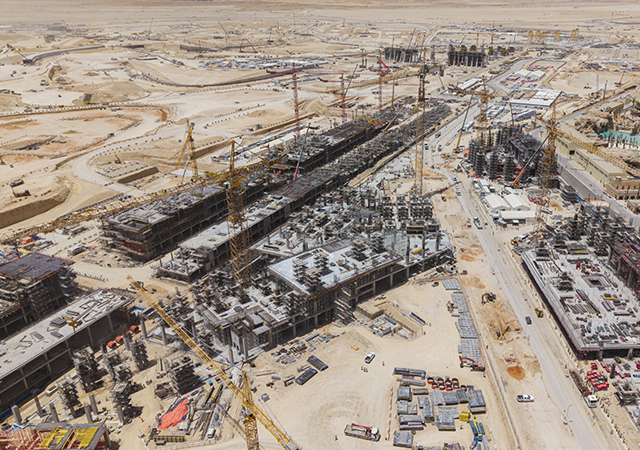
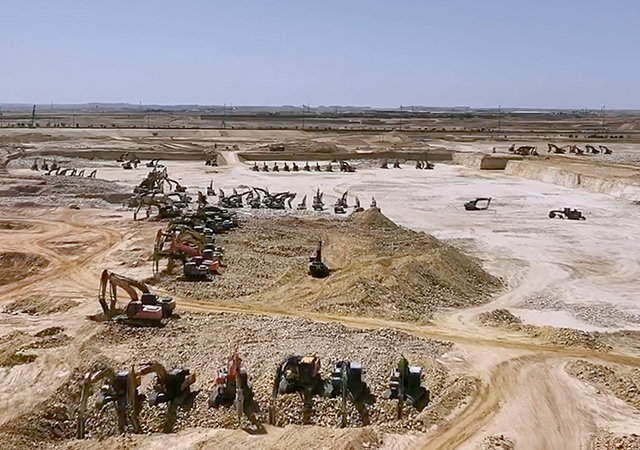
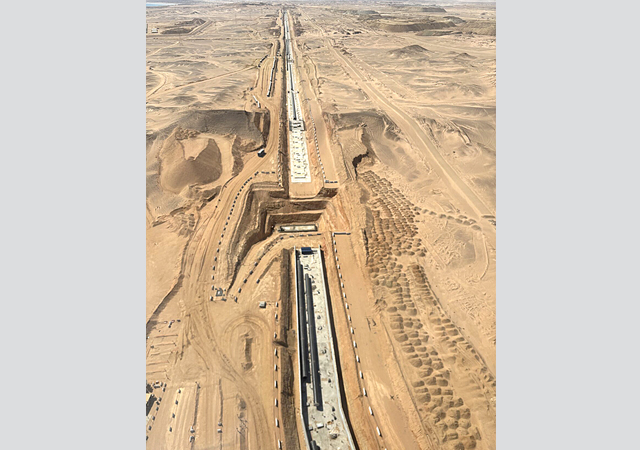

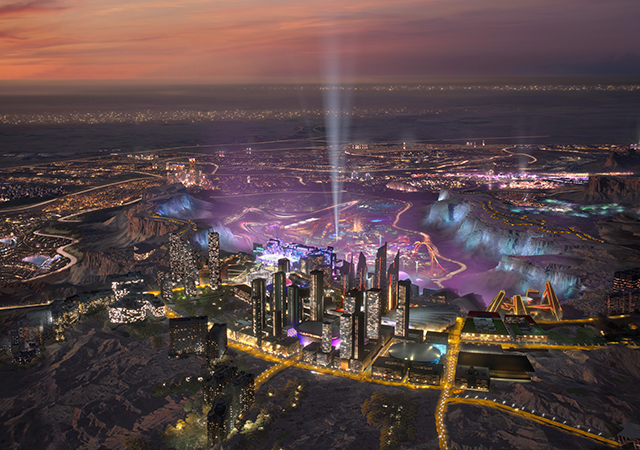
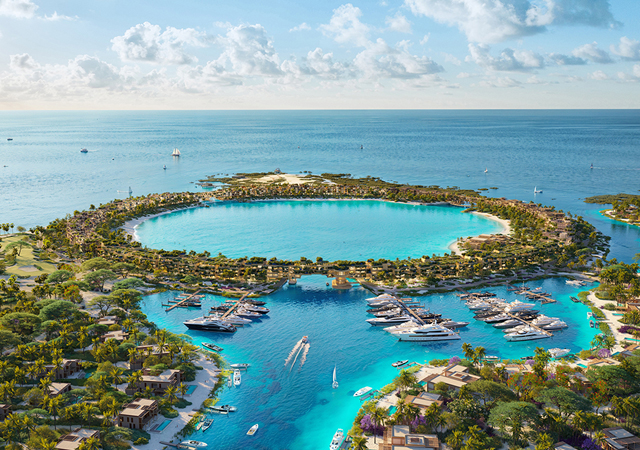
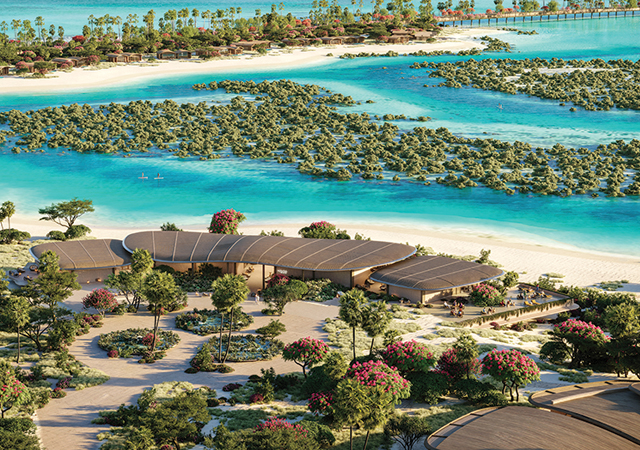
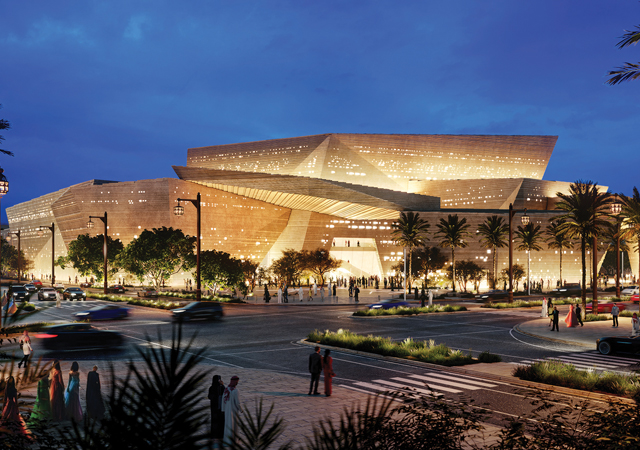
 BIG.jpg)
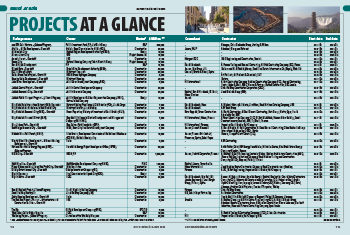
.jpg)
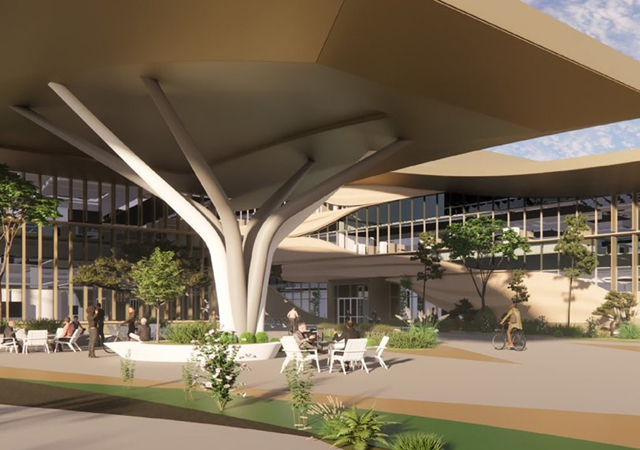

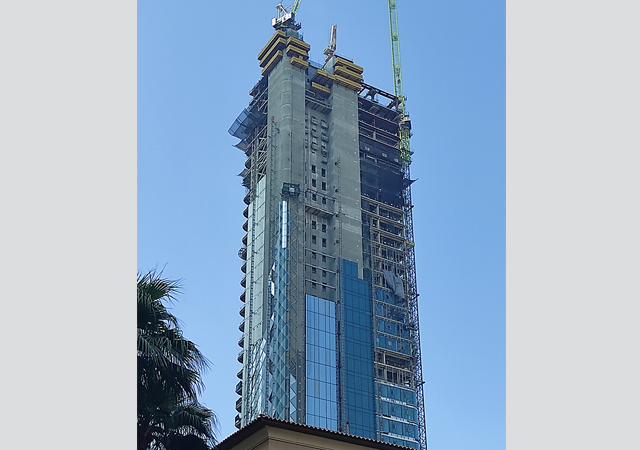
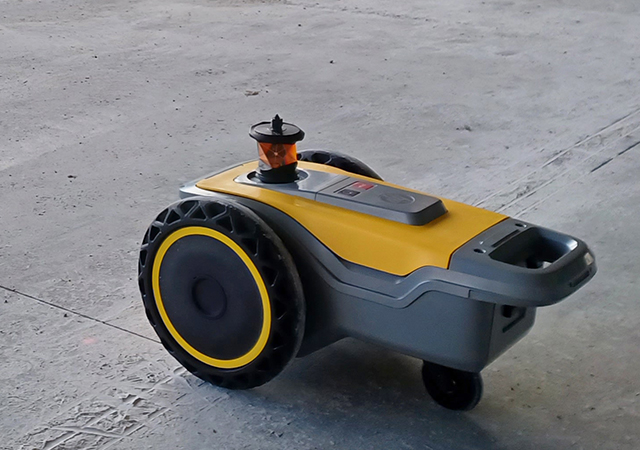
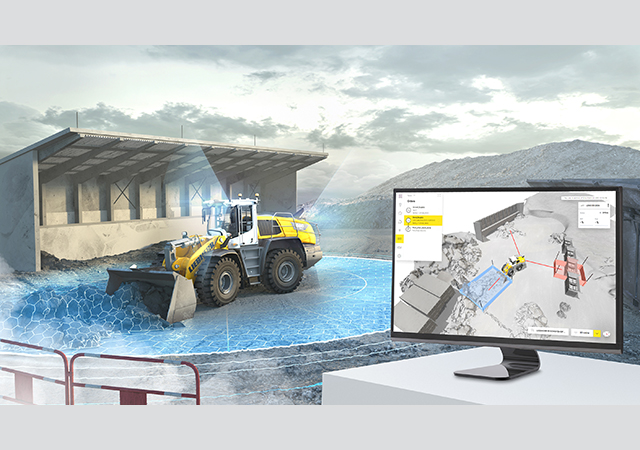
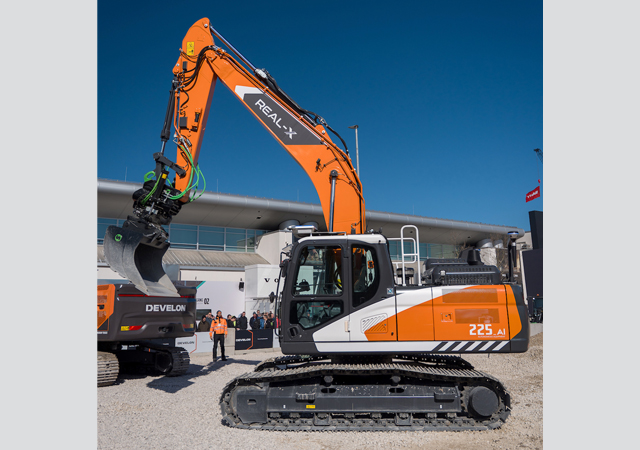
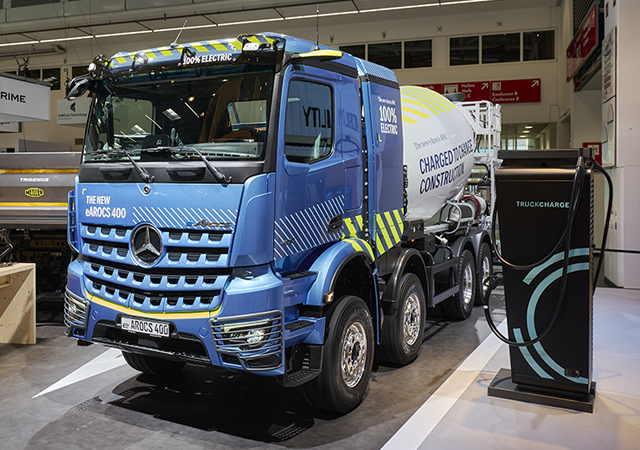

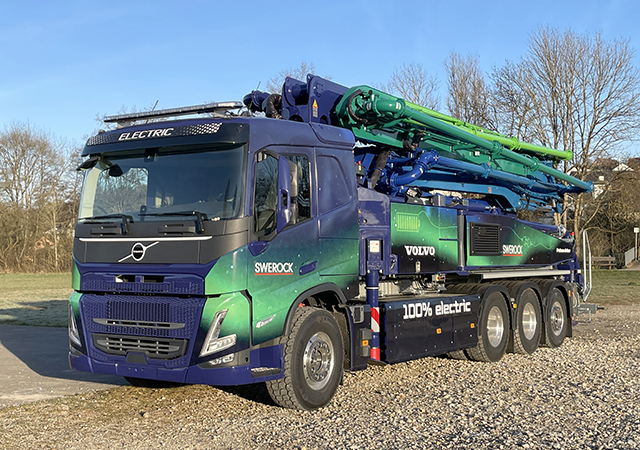

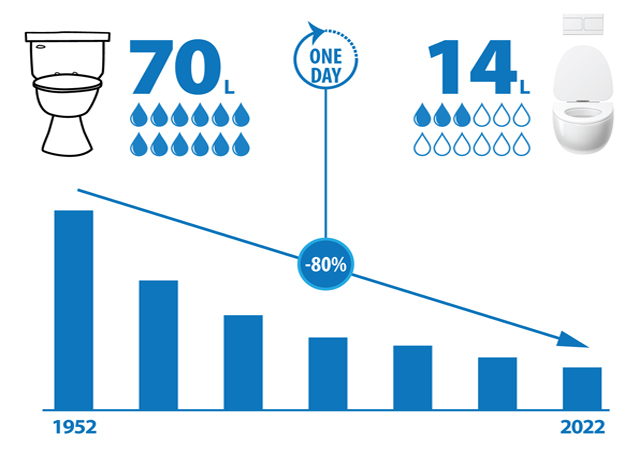

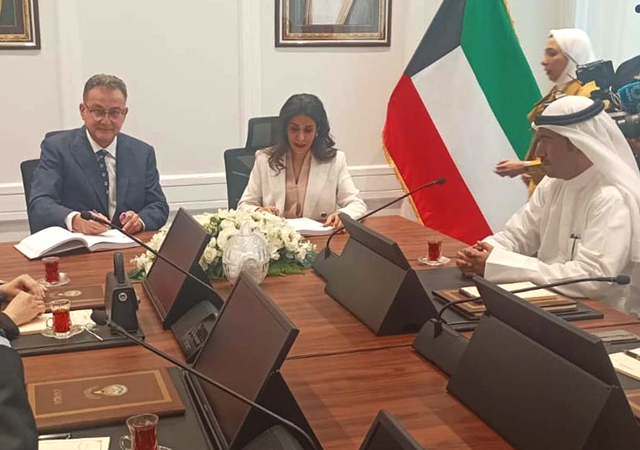
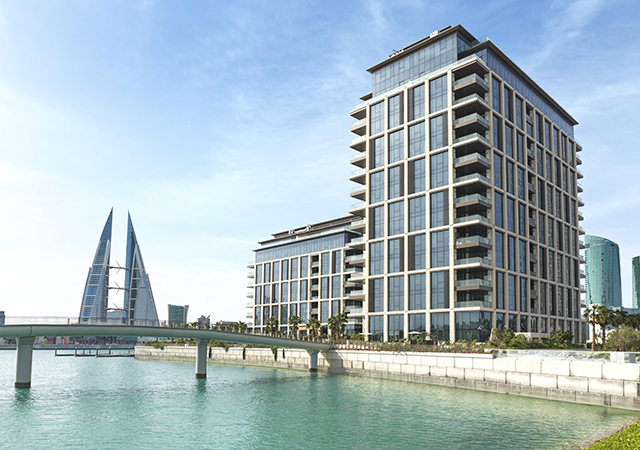
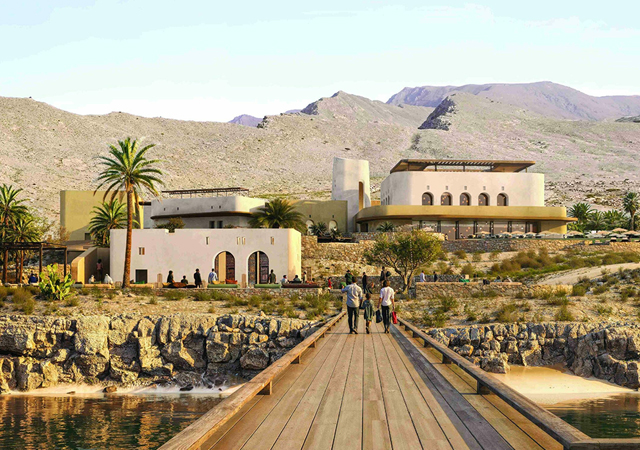
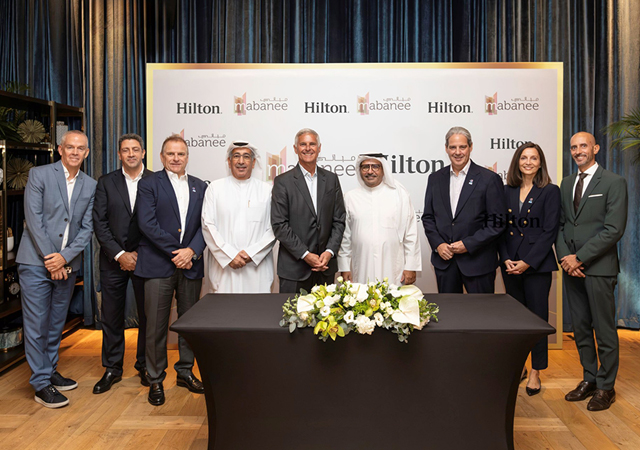
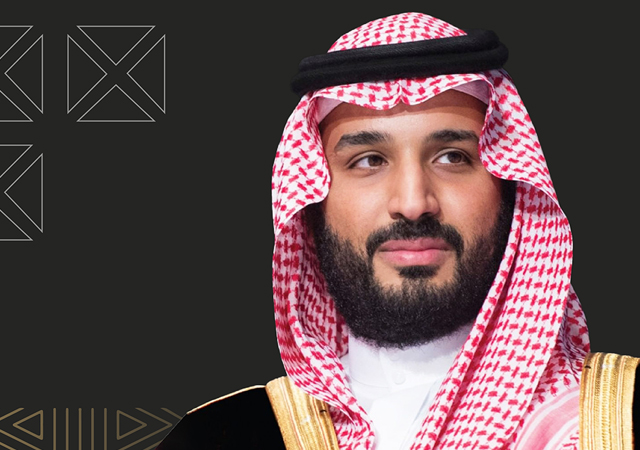
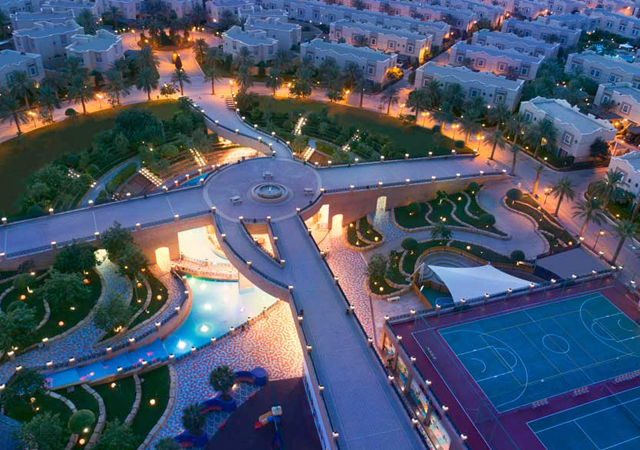
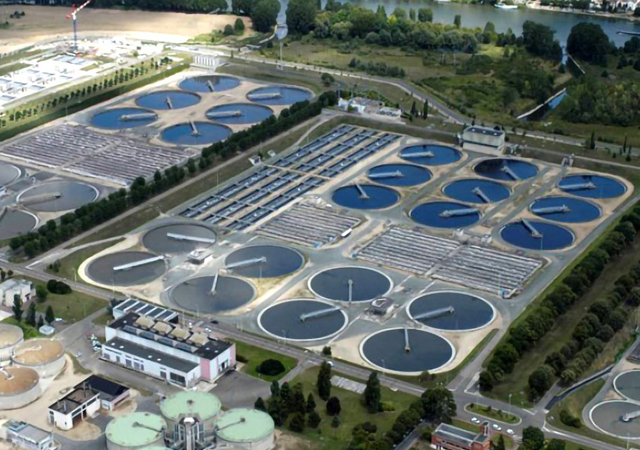
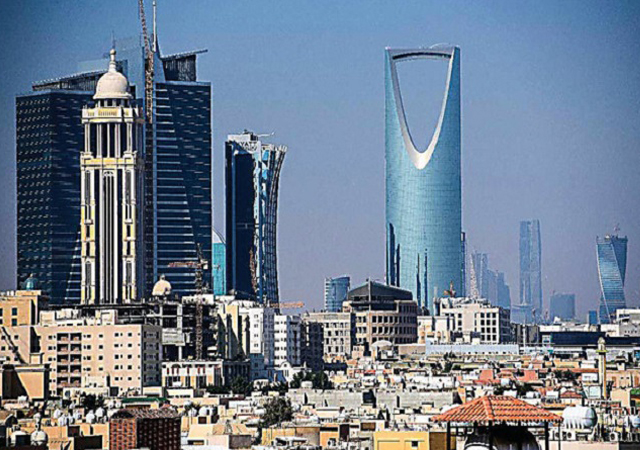
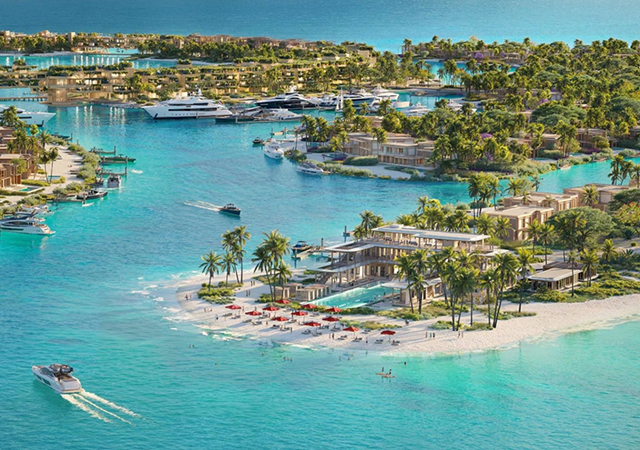
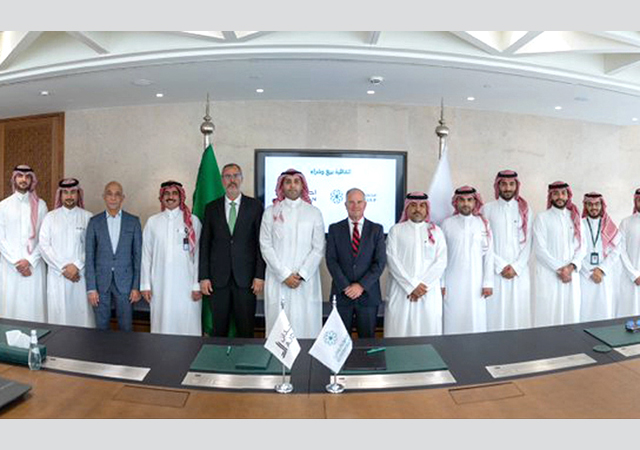
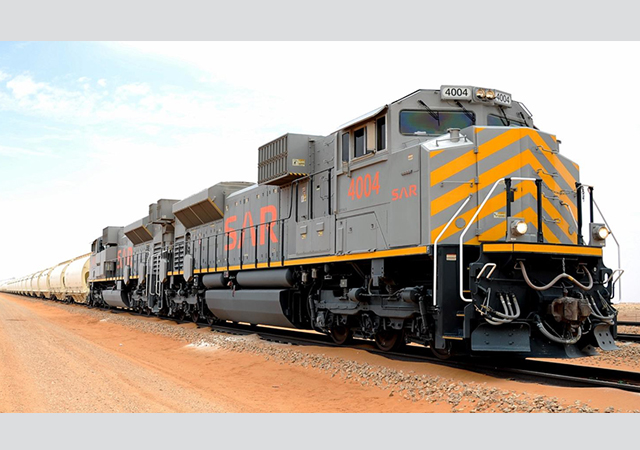
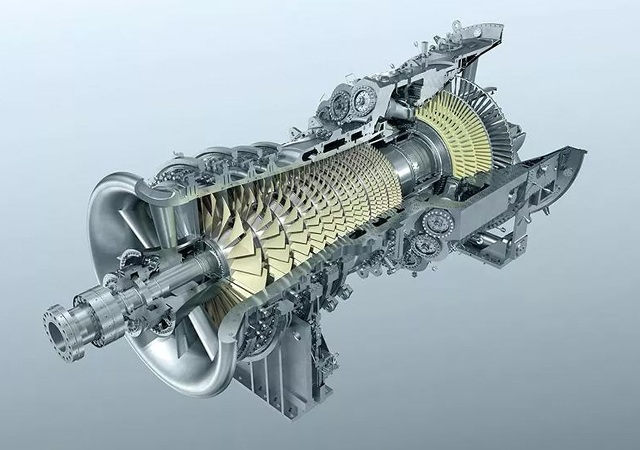
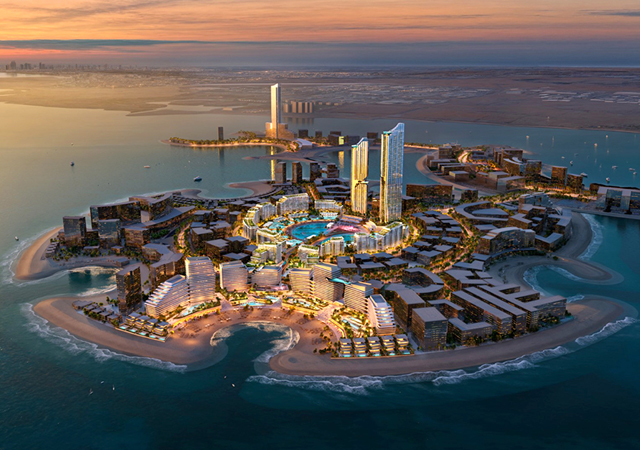
.jpg)
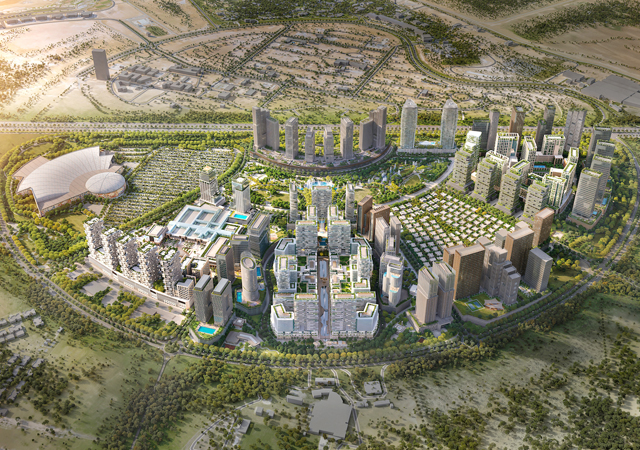
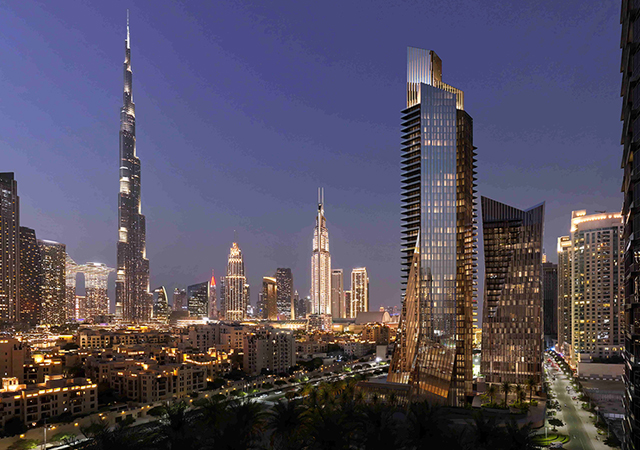

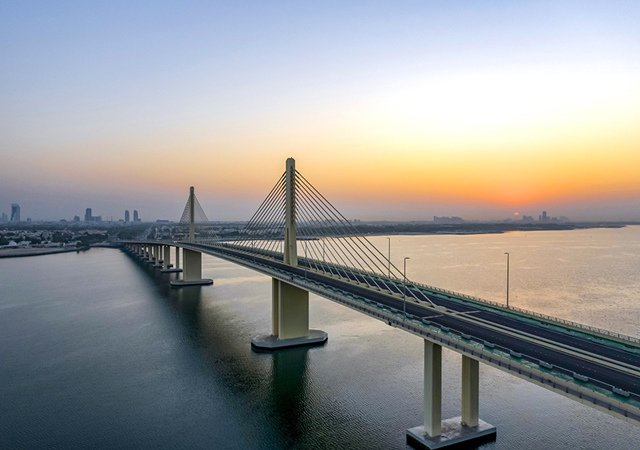
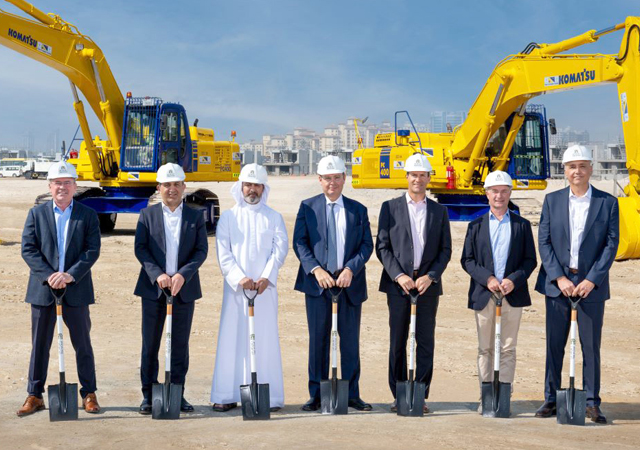

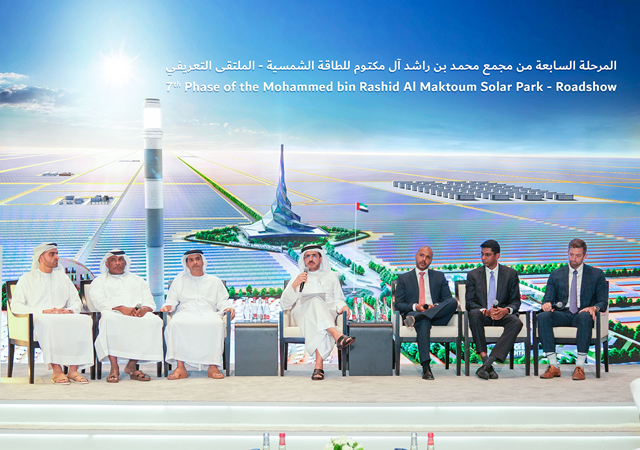
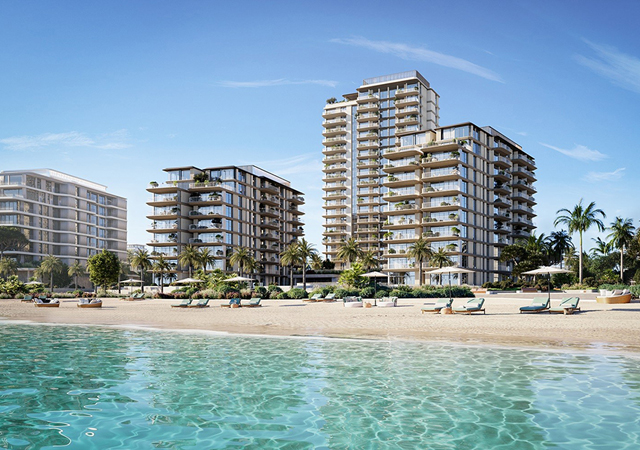
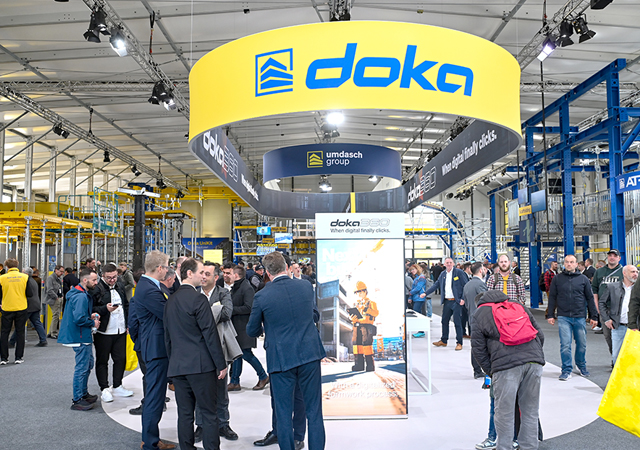
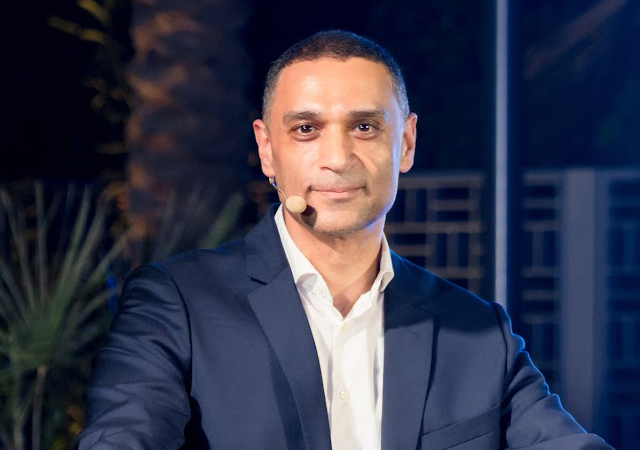
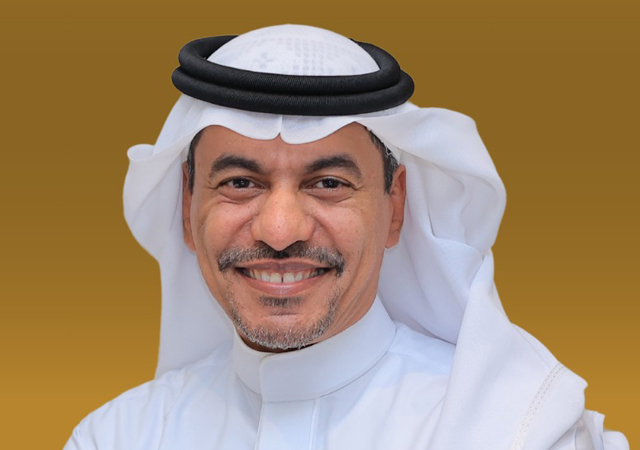


.jpg)

